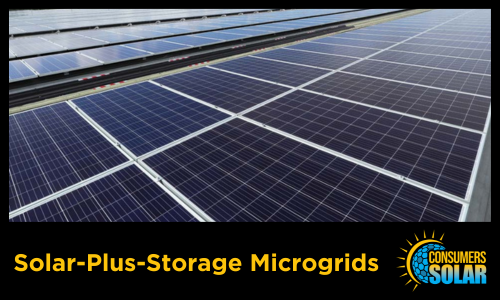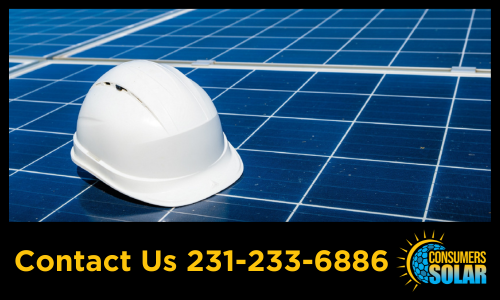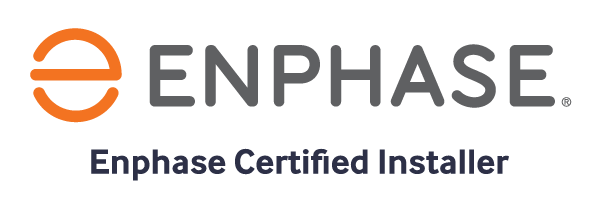 Solar-plus-storage microgrids are emerging as a powerful solution to address energy resiliency, reliability, and sustainability in the face of rising demand and a changing climate. As utilities and businesses seek to transition to a cleaner, more reliable, and decentralized energy system, solar-plus-storage microgrids offer an ideal solution to integrate renewable energy sources with energy storage systems and backup power generators.
Solar-plus-storage microgrids are emerging as a powerful solution to address energy resiliency, reliability, and sustainability in the face of rising demand and a changing climate. As utilities and businesses seek to transition to a cleaner, more reliable, and decentralized energy system, solar-plus-storage microgrids offer an ideal solution to integrate renewable energy sources with energy storage systems and backup power generators.
A solar-plus-storage microgrid is a small-scale, decentralized power system that is designed to operate independently from the main grid or to connect and operate in parallel with the main grid when necessary. The microgrid consists of a solar PV system, battery storage, and other energy sources such as wind turbines, natural gas generators, or fuel cells. The energy generated by the solar panels is stored in the batteries, which can be used to provide power during times of high demand or when the main grid fails.
Solar-Plus-Storage Microgrids – energy resiliency and reliability
One of the most significant benefits of solar microgrids is the ability to enhance energy resiliency and reliability. Microgrids can operate independently from the main grid, providing a reliable source of power during grid outages or other emergencies. This is particularly important in areas that are prone to natural disasters, such as hurricanes, floods, and wildfires. Solar storage microgrids can provide a reliable source of power to critical infrastructure, such as hospitals, schools, and emergency response centers, ensuring that essential services are maintained during power outages.
In addition to enhancing energy resiliency, solar-plus-storage microgrids can also reduce energy costs and greenhouse gas emissions. By integrating renewable energy sources such as solar and wind with energy storage, microgrids can help to reduce dependence on fossil fuels and lower carbon emissions. In areas with high electricity prices, solar-plus-storage microgrids can help to reduce energy costs and provide long-term cost savings.
 Solar-plus-storage microgrids can also help to promote energy independence and local economic development. By generating and storing energy locally, microgrids can help to reduce dependence on centralized power systems and promote local energy production. This can lead to job creation and economic development opportunities in the renewable energy sector.
Solar-plus-storage microgrids can also help to promote energy independence and local economic development. By generating and storing energy locally, microgrids can help to reduce dependence on centralized power systems and promote local energy production. This can lead to job creation and economic development opportunities in the renewable energy sector.
Overall, solar microgrids represent a promising solution for addressing the challenges of energy resiliency, reliability, and sustainability. As more utilities and businesses look to transition to a cleaner, more reliable, and decentralized energy system solar microgrids will play an increasingly important role in meeting our energy needs in a more sustainable and resilient way.
Call Consumers Solar at 231-233-6886 or contact us for more information.




